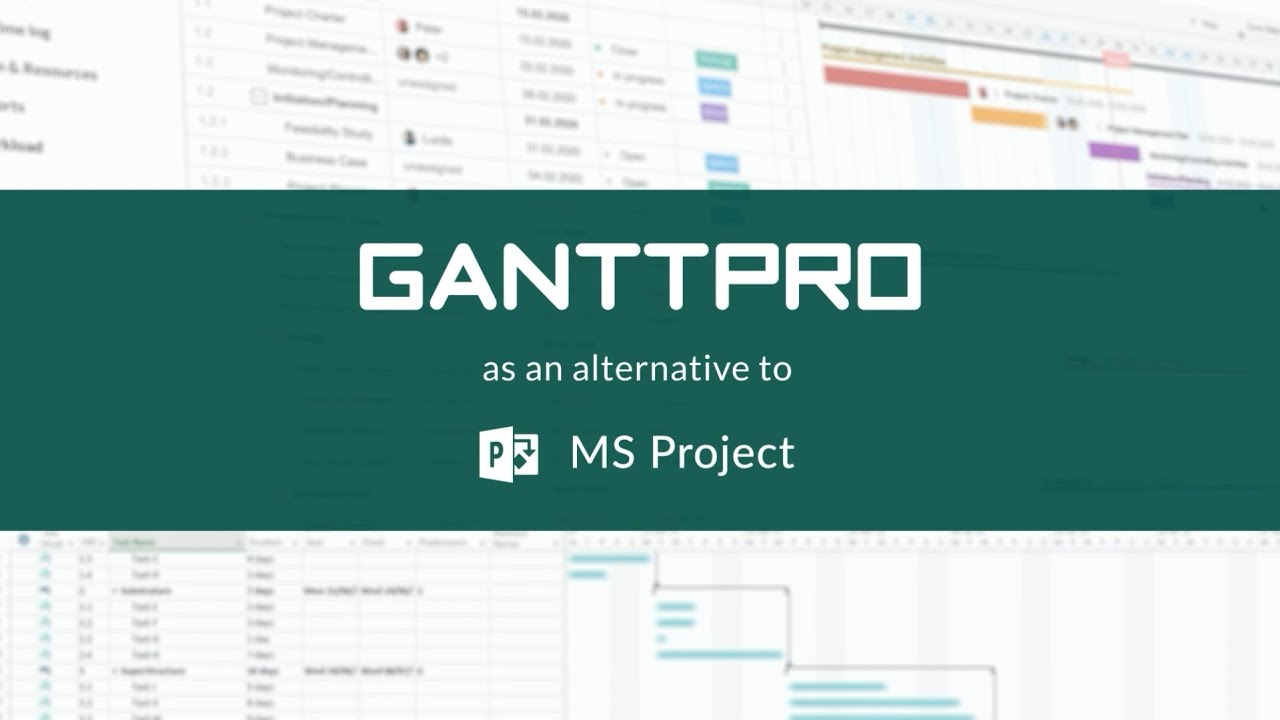What is the role of PMBOK in project cost management?
Project Management Body of Knowledge (PMBOK) is a globally recognized framework for project management. It provides a standard approach to project management and outlines best practices for managing projects effectively. One of the key elements of PMBOK is project cost management, which involves planning, estimating, budgeting, and controlling costs throughout the project lifecycle.
Cost management is one of the 10 knowledge areas in PMBOK, and it is an important aspect of project management as it helps ensure that a project stays within its budget and that resources are used effectively. The goal of cost management is to minimize the total cost of a project while still meeting its objectives and delivering the desired outcomes.
Planning and estimating project costs
The first step in project cost management is to plan and estimate project costs. This involves analyzing the project requirements, identifying the resources required, and determining the estimated cost for each resource. This information is then used to create a detailed project budget and schedule.
A Gantt chart is a useful tool for visualizing the project schedule and tracking progress. Online Gantt chart software such as GanttPRO, Microsoft Project, Wrike, ClickUp, Monday.com, Smartsheet and others can be used to create and manage project schedules, including cost estimates and budgets.
“Cost management is the process of estimating, monitoring, and controlling the cost of a project to ensure that it stays within its budget.” - PMI
Creating a project budget
To create a project budget, you need to identify all the costs associated with the project, including direct costs (such as materials, labor, and equipment) and indirect costs (such as overhead, travel, and administration). You should also consider potential risks and uncertainties that could impact the project budget, and take steps to mitigate these risks.
Once you have identified all the costs, you can use this information to create a detailed project budget that includes all the estimated costs for each stage of the project. This budget should be reviewed and approved by all stakeholders before the project begins, and should be updated regularly throughout the project to reflect any changes in the project scope or requirements.
Controlling project costs
Once the project has begun, it is important to monitor and control project costs to ensure that they stay within the budget. This involves regularly reviewing actual costs against the budget, and taking corrective action if necessary.
Effective cost control requires regular communication between the project team and stakeholders, as well as regular monitoring and reporting on project progress and costs. Project managers should use tools such as earned value analysis and performance measurement techniques to track project progress and identify areas where cost savings can be made.
“Cost control is the process of monitoring project costs and taking action to keep the project within budget.” - PMI
Conclusion
Project cost management is a critical aspect of project management, and PMBOK provides a standard approach to managing project costs. By planning and estimating project costs, creating a detailed project budget, and monitoring and controlling costs throughout the project lifecycle, project managers can help ensure that a project stays within its budget and delivers the desired outcomes.

